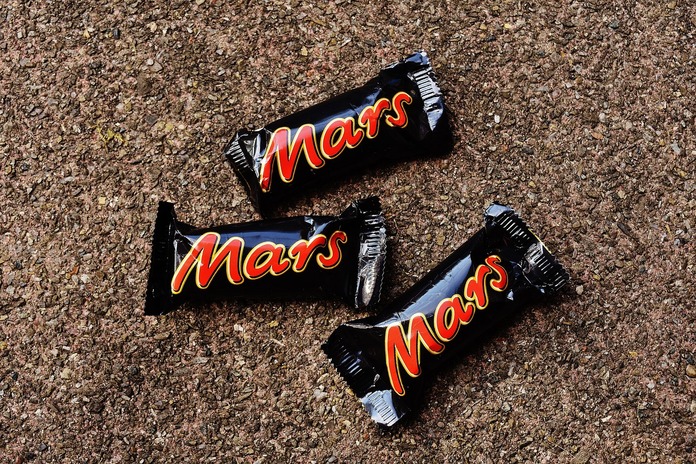Mars Inc., the iconic maker of M&M’s and Pedigree pet food, has sealed its largest acquisition to date by purchasing Kellanova (NYSE:K) for $36 billion. This move marks a significant expansion into the salty snacks and cereal markets, further solidifying Mars’ position as a dominant player in the global food industry. The Mars acquisition of Kellanova is not only a strategic business decision but also a testament to the deep pockets and long-term vision of the Mars family, who have maintained a low-profile while steering the company through a series of successful deals over the decades.
Mars’ Stealthy Strategy and Financial Strength
Mars Inc. is famously secretive, operating from an unmarked building in McLean, Virginia, where the Mars family quietly runs one of the most powerful privately-held companies in the world. Despite its low profile, Mars’ influence is vast, with a family fortune estimated at $117 billion by Forbes. This financial clout has allowed Mars to eschew public markets, enabling the company to make bold moves like the Mars acquisition of Kellanova without the pressure of quarterly earnings reports.
The acquisition of Kellanova, known for brands like Pringles, Cheez-It, and Kellogg’s corn flakes, is the culmination of a three-decade-long strategy of growth through acquisitions. Mars’ aggressive expansion began under the leadership of Valerie Mars, the great-granddaughter of company founder Franklin Clarence Mars. Valerie has been instrumental in many of the company’s major deals, including the $23 billion purchase of Wm. Wrigley Jr. Company in 2008, with financial backing from Warren Buffett’s Berkshire Hathaway (NYSE:BRK.A).
Strategic Expansion into New Markets
The Mars acquisition of Kellanova is driven by the company’s desire to diversify its product portfolio and expand into new markets. While Mars has already secured a strong foothold in the chocolate, gum, and pet nutrition categories, the acquisition of Kellanova allows the company to enter the lucrative salty snacks and cereal segments. This strategic move is expected to boost Mars’ annual net sales, which have grown from $10 billion in 1996 to over $50 billion today.
Mars was able to outmaneuver its competitors, who were deterred by the high asking price and the potential for lengthy regulatory reviews. While some of Mars’ rivals considered bidding for Kellanova, they ultimately could not match Mars’ financial resources or appetite for risk. Mars, on the other hand, was able to leverage its $6.6 billion in cash reserves, $4 billion in credit lines, and a $29 billion loan from banks to finance the deal.
The Path to Negotiation
Negotiations for the Mars acquisition of Kellanova began shortly after Kellanova completed its spin-off from WK Kellogg, which retained the North American cereal business. Initially, Kellanova’s CEO Steve Cahillane and the board had high expectations for the company’s stock, but the shares struggled post-spin-off, largely due to investor concerns about inflation and the impact of weight-loss drugs on consumer demand.
However, Kellanova’s situation improved after it raised its annual organic sales and profit forecasts, leading to increased interest from Mars. Ultimately, Mars offered a purchase price that valued Kellanova at 16.4 times its adjusted 12-month cash flow, which was enough to secure the support of major shareholders, including the W.K. Kellogg Foundation Trust and the Gund family.
A Bold Move in a Competitive Industry
The Mars acquisition of Kellanova is a clear indication of the company’s long-term growth strategy and its ability to make bold decisions without the constraints of public market scrutiny. With this acquisition, Mars not only expands its product offerings but also strengthens its global presence, particularly in the salty snacks and cereal markets where Kellanova is a leader.
As Mars prepares to integrate Kellanova into its portfolio, the company’s financial discipline and focus on reinvestment will likely play a crucial role in ensuring the success of this massive deal. With an annual dividend of only $600 million, Mars has consistently prioritized reinvesting its cash flow into the business, a strategy that has enabled it to maintain its competitive edge and pursue ambitious growth opportunities like the acquisition of Kellanova.
In conclusion, the Mars acquisition of Kellanova marks a significant milestone in the company’s history, showcasing its ability to execute large-scale deals while remaining privately held. As Mars continues to expand its global footprint, the company’s secretive yet highly effective approach to business remains a defining characteristic of its enduring success.
Featured Image: Pixabay © Alexa









